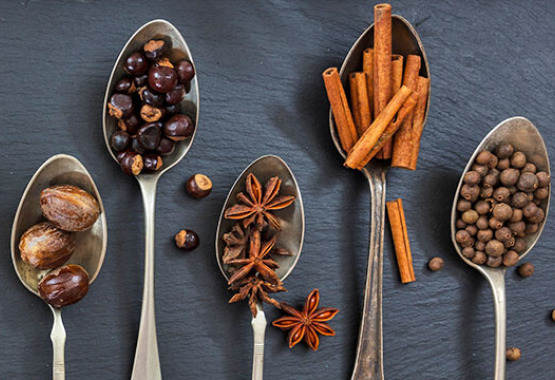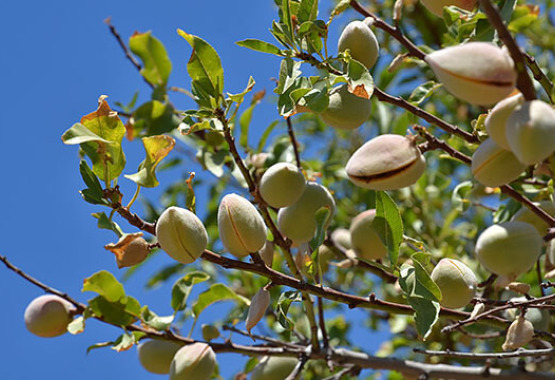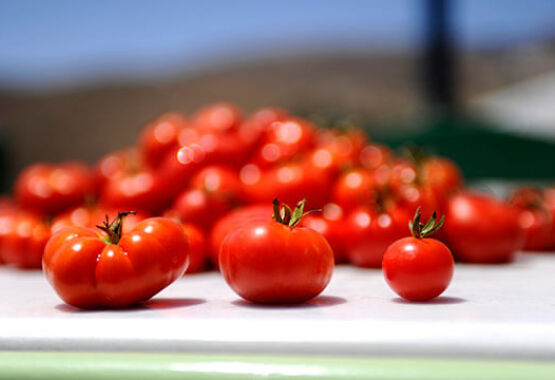
AROUND GREECE
Greece is the world’s third largest producer of edible olives and olive oil. Spread around the country are 120 million olive trees and 450,000 families depend on olive oil production as a primary or secondary source of income.
Contemporary chefs have shown a great interest in this product recently and use olives everywhere: either in the skillet or in the pan, in breads, pies, braised dishes, sauces, stuffings, dips and more. Try out an easy recipe for Green olive, fennel and coriander dip.
Greek olive oil products are considered top quality worldwide. They are cultivated in the country’s ideal climate and soil varieties. An 80% of Greece’s olive oil is extra virgin, which is the top-ranked classification category in the world. Greece ranks first place in exports of virgin olive oil as it sends abroad to Italy and Spain every year 150-200 thousand tons.
Studies have shown that olive oil is the healthiest product among vegetable oils. It is loaded with antioxidants and protects from various diseases; therefore essential for a balanced diet!
Olives & Olive Oil
The olive tree produces an awesome fruit called olive from which we get olive oil. The tree has been cultivated in Greece since antiquity and blends harmoniously with the country’s landscape. The Mediterranean sun and the Aegean winds lend the fruit its unique taste. The tree has served as a source of inspiration to all Greeks! It is a symbol of peace, social and religious values, progress, affluence, wisdom and fame. It has fed, bread and given shed to countless Greek generations and earned its place in Greek culture.Greece is the world’s third largest producer of edible olives and olive oil. Spread around the country are 120 million olive trees and 450,000 families depend on olive oil production as a primary or secondary source of income.
Back in time
Multiple finds from Knossos, dating back to the Minoan Civilisation, prove the fact that Cretan economy was based on olive oil. The goddess of wisdom Athena dedicated the olive tree to the city of Athens in order to prove her bond with the city bearing her name. During the Ancient Olympic Games, an olive branch in form of a wreath was given as a golden medal award to the winner. Legend has it that the wreaths came from a tree planted by Hercules himself. Homer referred to olive oil as liquid gold and Hippocrates noted its healing factors. In the shadow of tales, traditions and legends Greece still relies on the olive tree today!Olives
Greece produces approximately 120.000 tons of table olives which is one of the country’s most important agricultural exports. The harvest begins in October and goes on for about two months, depending on the type of olive and the place it is cultivated. The green olives are harvested first, then come all the plump black olives that are among the country’s best-known snacks: tight-skinned Kalamata olives with their pointy tip and juicy Amfissas olive that come in an array of browns, blacks and purples. Last to be picked up from the tree is the wrinkled black variety. It can be harvested as late as March as it must mature on the branch and is then cured in coarse salt.Perfect match
Olives are great in salads such as the famous Greek Salad (Choriatiaki) and match all kinds of fresh or preserved vegetables; fresh tomatoes, cucumbers, peppers, onions or preserved roasted red peppers, pickled cauliflower and more. Olives are also used in breads, pies and sauces (mostly tomato-based) served with pasta! Olives in stews are used in various parts of Greece. On Zakynthos Island olives are slowly cooked with potatoes and onions. In Greece’s mainland olives are served as tid-bits (meze) while roasted olives (known as oftes elies) are a Cretan delicacy!Contemporary chefs have shown a great interest in this product recently and use olives everywhere: either in the skillet or in the pan, in breads, pies, braised dishes, sauces, stuffings, dips and more. Try out an easy recipe for Green olive, fennel and coriander dip.
Precious olive oil
The production of olive oil dates back 4,000 years. Olive keeping in Greece is mainly a family business and each tree is personally taken care of with tenderness. The unique flavour of Greek olive oil is largely used in all kinds of local recipes. Even though 65% of Greece’s olive oil production is limited to the Peloponnese and Crete, the trees are scattered all over country and produce 350,000 tons of this product annually.Greek olive oil products are considered top quality worldwide. They are cultivated in the country’s ideal climate and soil varieties. An 80% of Greece’s olive oil is extra virgin, which is the top-ranked classification category in the world. Greece ranks first place in exports of virgin olive oil as it sends abroad to Italy and Spain every year 150-200 thousand tons.
Greeks are the Champions
Every Greek consumes more than 15 kilos of olive oil per year. Greece ranks first in olive oil consumption per person internationally. Biological and Protected Designation of Origin (PDO) olive oils are becoming a trend in the internal market, demonstrating a growth of more than 30% annually.Studies have shown that olive oil is the healthiest product among vegetable oils. It is loaded with antioxidants and protects from various diseases; therefore essential for a balanced diet!




